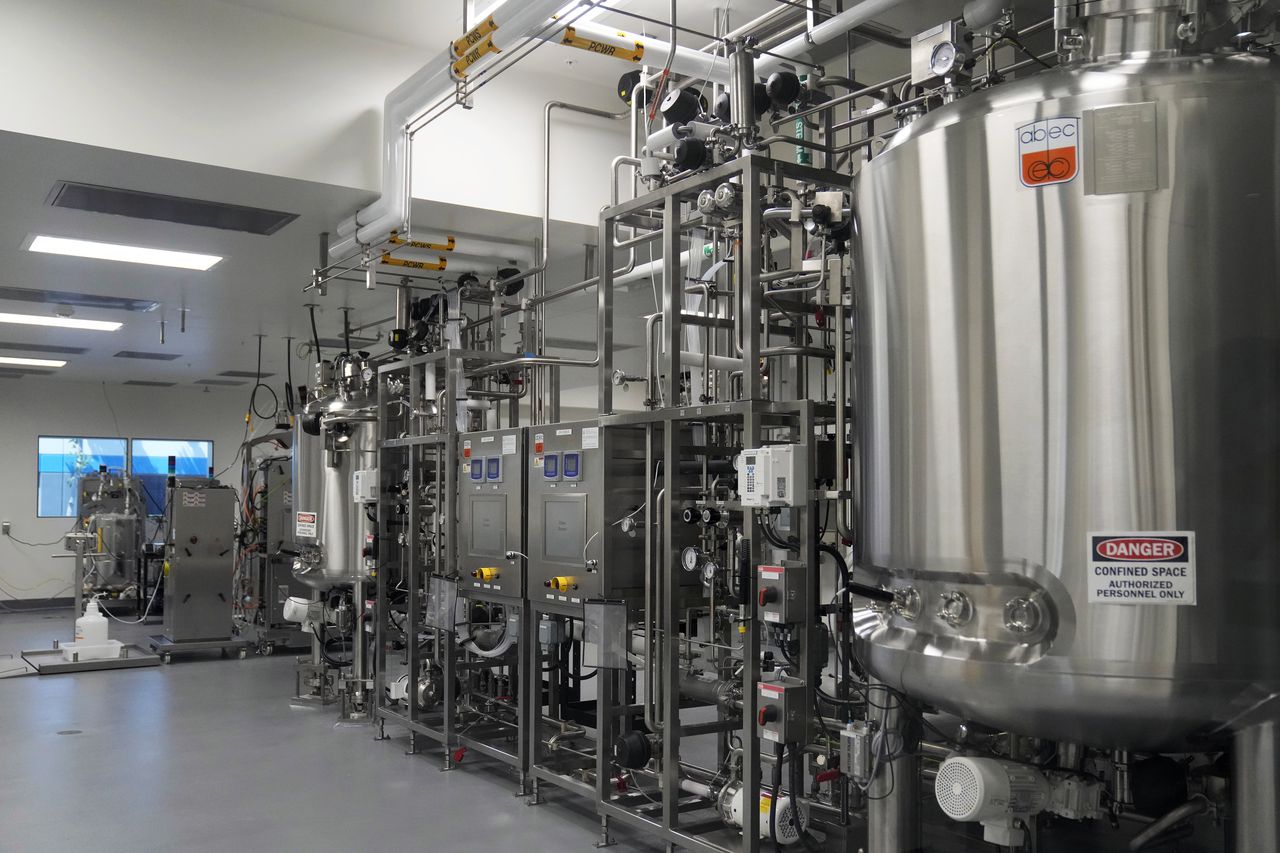Guest opinion: A ban on lab-grown meat would take a bite out of freedom
This is a guest opinion column
The aroma of sizzling meat is a cultural cornerstone in Alabama, but it needn’t come from a whole animal anymore. Lab-grown meat, created from cells without the need for raising and slaughtering an animal, received FDA approval last year and aims to provide a sustainable and ethical alternative to factory farming.
Yet the Alabama legislature is preparing to ban such cultivated meat, making it a felony to produce, sell, or distribute this product in the state. If passed in the House, this ban would reek of government overreach, infringing upon the liberty of consumers and businesses to choose what they purchase or produce.
Why would the Alabama legislature tell consumers what they can’t eat? The argument is that lab-grown meat is unnatural, unsafe, and threatens the cattle industry. None of these claims are true, but even if they were, an outright ban wouldn’t make sense.
Cultivated meat is a new technology, and there’s a sense in which it is unnatural. But no more than artificial sweeteners or genetically modified foods, neither of which is banned. Many consumers are concerned about processed foods and GMOs, but it’s up to them whether to purchase them. We aren’t prevented from purchasing meat that comes from animals raised in utterly unnatural conditions on factory farms, which crowd and confine the animals in small spaces, separate them from offspring, and prevent them from engaging in instinctive behaviors like foraging and dustbathing.
It might make sense to ban lab-grown meat if it were known to be seriously harmful to eat. We should acknowledge that just because the FDA approves something doesn’t guarantee it’s safe. Some approved drugs are later pulled for their harmful side effects. But in every other case we let consumers choose whether an FDA approved item is safe for them and their family to try, unless it is known to be seriously unsafe.
And the harm would have to be quite serious. Highly processed meats, such as bacon and hotdogs, are known to be rather unhealthy, yet not banned. Adults can even smoke cigarettes despite their direct link to cancer. We have no reason to believe that cultivated meat is anywhere near as unsafe or unhealthy as numerous products readily available across our state.
Should we ban lab-grown meat to protect the farming industry in Alabama? We have great respect for farmers who produce the food that sustains us. Without them, we would perish. The cultivated meat approved by the FDA is chicken, and Alabama is the second largest producer of poultry in the country.
Yet it’s extremely unlikely that lab-grown meat will lead to the death of traditional farming. The most sensible projection is that meat grown in vats will provide one among many options for consumers, similar to plant-based burgers available in grocery stores and restaurants around the state.
Even if cultivated meat threatened Alabama farmers, a ban would be clear government overreach. State intervention to protect entrenched interests stifles innovation and competition, ultimately harming consumers through higher prices and fewer options. Banning lab-grown meat out of fear for existing industries undermines the very principles of a free market economy.
Sensible critics of cultivated meat might question whether it’s any more healthy, sustainable, or ethical. These are discussions worth having, but none of the concerns warrant a ban, let alone criminalization.
Alabamians deserve choice, especially when presented with a potentially more ethical option for protein on their plate. Denying us the right to choose based on unfounded fears is paternalistic. In a free society, individuals and businesses should have the freedom to choose the food they eat or produce, guided by safety regulations and informed choice. We must let consumers, not governments, decide the future of their food.
Dr. Josh May is a professor of philosophy and psychology at UAB. Dr. Victor Kumar is a professor of philosophy at Boston University. They both teach and write about moral controversies and social change.
